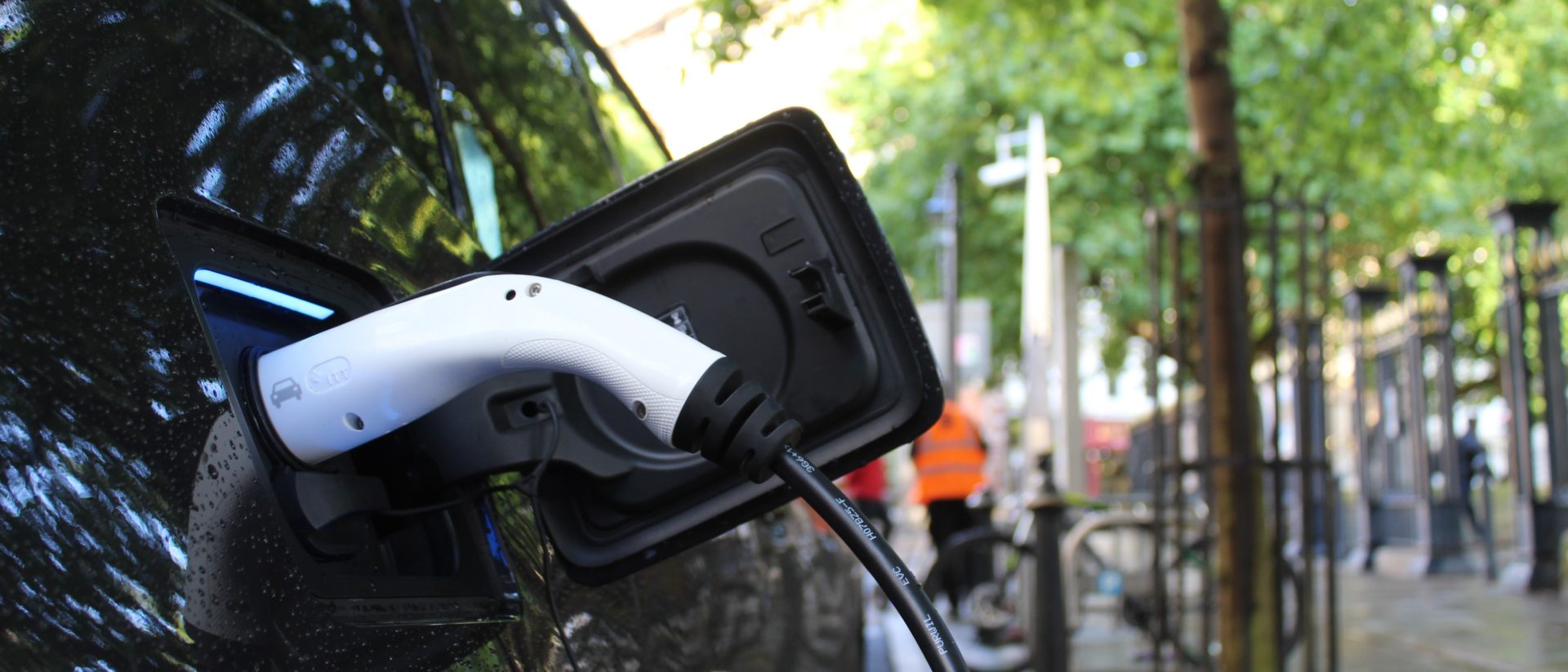Jacob Roberts, Transport Policy Manager at the Association for Renewable Energy and Clean Technology (REA), said:
“The Government has committed to implementing a Zero Emission Vehicle (ZEV) Mandate to drive the increase in Electric Vehicle (EV) sales up to 2035. In order for this ZEV Mandate to be successful and deliver a just transition, Government should consider what, when and how it will continue to incentivise the sale of electric vehicles. Failure to do so will see EVs continuing to be largely inaccessible to less affluent households, and could jeopardise the deliverability of the Governments ambition to phase out new petrol and diesel vehicle sales by 2030.
“The REA fully recognises the long-term need to reduce and eventually phase out the plug-in car grant (PICG), as EVs continue to approach price-parity with petrol and diesel vehicles. But the timing of this decision to reduce the grant couldn’t be worse, set against a backdrop of rises in cost of living that have not been seen in over ten years. The Government should continue to focus the grant on the more affordable EV options available on the market. This will at least ensure that the plug-in car grant is used to make EVs more attainable to those with limited budgets.
“We understand the grants programme is designed to stimulate the early market and we are pleased that the market continues to gather pace. In light of this latest PICG reduction we look forward to the government consulting on a more sustainable fiscal programme to succeed the PICG/PIVG, such as a VAT reduction or an exemption for EVs from a future road pricing scheme. We also call on the Government to explore how it can improve the consumer finance offer for EVs. Doing so would support more consumers to purchase EVs, and potentially be a cheaper option for the UK Government, as any capital funding offered could be repaid, in full or in part, over the contract repayment period.
“As well as consumer incentives, we would like to see enhanced funding support made available to help fleets to purchase electric vans, which drive high mileages and therefore can make a significant contribution to reducing carbon and pollutant emissions from road transport.
“We look forward to the publication of Government’s plan to improve the consumer experience offered by the UK’s public EV charging infrastructure networks. We very much hope that the UK Government will take this opportunity to mandate roaming and interoperability between networks, and introduce ambitious but achievable targets for chargepoint reliability.”
—ENDS—
For more information or to request an interview, please contact:
Jack Abbott, PR and Communications Manager,
07862 038370/ [email protected]
Notes to editors
About the Association for Renewable Energy and Clean Technology (REA):
The Association for Renewable Energy and Clean Technology (known as the REA) is the UK’s largest trade association for renewable energy and clean technologies with around 550 members operating across heat, transport, power and the Circular Economy. The REA is a not-for-profit organisation representing fourteen sectors, ranging from biogas and renewable fuels to solar and electric vehicle charging. Membership ranges from major multinationals to sole traders.
For more information, visit: www.r-e-a.net

